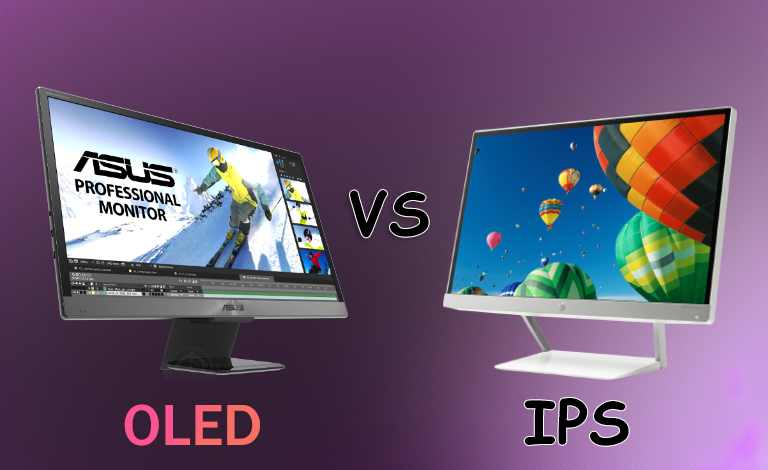In the ever-evolving landscape of technology, quantum computing has emerged as one of the most promising and disruptive fields. It represents a paradigm shift in the way we process information and solve complex problems. As computing technology continues to advance, investors are increasingly looking to quantum computing stocks as a potential avenue for growth in their portfolios. In this article, we will explore the world of quantum computing stocks, their potential, and what investors should consider before diving into this exciting but volatile market.
Table of Contents
ToggleThe Quantum Computing Stocks Revolution
Before delving into quantum computing stocks, it’s crucial to understand the fundamental principles behind quantum computing. Unlike classical computers, which rely on bits (0s and 1s) for processing information, quantum computers use qubits, which can exist in multiple states simultaneously. This property, known as superposition, enables quantum computers to perform certain calculations exponentially faster than classical computers.
Quantum computers also benefit from another quantum mechanics effect called entanglement, where the state of one qubit is linked to the state of another, even when separated by vast distances. This property allows for the creation of quantum algorithms that can tackle complex problems like cryptography, optimization, and drug discovery more efficiently than classical counterparts.
Quantum Computing Stocks: The Landscape
Investing in quantum computing stocks can be an exciting yet challenging endeavor. The quantum computing industry is still in its nascent stages. However, several companies are at the forefront of this revolution:
1. IBM (International Business Machines Corporation – IBM):
IBM has been a pioneer in quantum computing for years. They offer cloud-based access to their quantum computers through the IBM Quantum Experience platform, making quantum computing more accessible to researchers and developers.
2. Alphabet Inc. (Google – GOOGL):
Google made headlines in 2019 when it claimed to have achieved quantum supremacy, a significant milestone in quantum computing. They continue to invest heavily in quantum research through their subsidiary, Google Quantum AI.
3. Microsoft Corporation (Microsoft – MSFT):
Microsoft is working on building a quantum computer using a topological qubit approach. They are also actively developing quantum software and tools through their Quantum Development Kit.
4. IonQ (IONQ):
IonQ is a leader in trapped-ion quantum computing technology. They focus on developing quantum hardware and software solutions for a wide range of applications.
5. Nvidia Corporation (Nvidia – NVDA):
Nvidia, known for its graphics processing units (GPUs), has been venturing into quantum computing through partnerships and investments in quantum startups. Their GPUs are also used in quantum research.
6. Honeywell International Inc. (Honeywell – HON):
Honeywell has been working on developing quantum computers based on trapped-ion technology. They aim to provide quantum solutions to industries such as logistics and materials science.
7. FormFactor Inc. (FormFactor – FORM):
FormFactor is a company that specializes in advanced semiconductor wafer probe cards, which are used in the semiconductor manufacturing process. They play a crucial role in the development of quantum computing hardware.
Considerations for Investors
While the potential of quantum computing is undeniable, investing in quantum computing stocks comes with its set of considerations:
1. Volatility:
Quantum computing stocks are often more volatile than traditional tech stocks. Investors should be prepared for price fluctuations and market uncertainties.
2. Long-Term Horizon:
Quantum computing is a long-term play. The technology is still evolving, and it may take years before it becomes mainstream and profitable for companies in this space.
3. Diversification:
Consider including quantum computing stocks as part of a diversified investment portfolio. Diversification helps spread risk and can mitigate potential losses.
4. Research:
Stay informed about the latest developments in the quantum computing field. This will help you make informed investment decisions and understand the competitive landscape.
Conclusion
Quantum computing stocks represent an exciting frontier in technology investment. As quantum technology continues to advance, companies in this space have the potential for substantial growth.
However, it’s essential for investors to approach this sector with caution, understanding the inherent volatility and long-term nature of quantum computing development. Diversification and staying informed are key strategies for those looking to add quantum computing stocks to their investment portfolios.
While the quantum computing revolution is still in its early stages, it holds the promise of reshaping industries and solving problems previously thought to be unsolvable, making it a compelling area for investors to watch and potentially profit from in the years to come.







